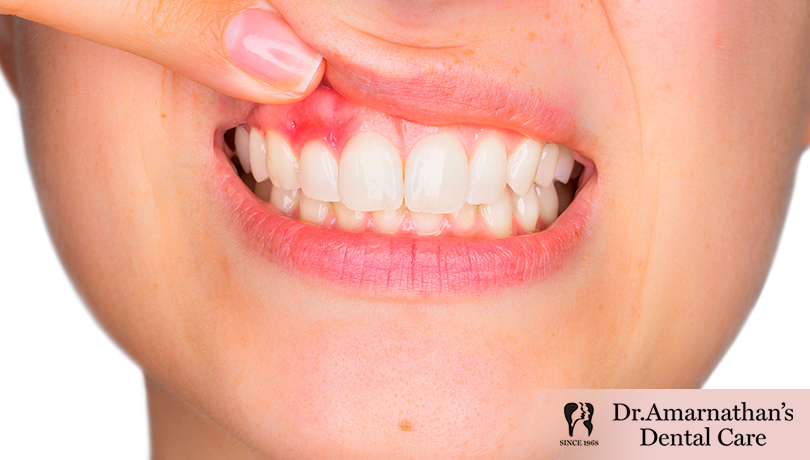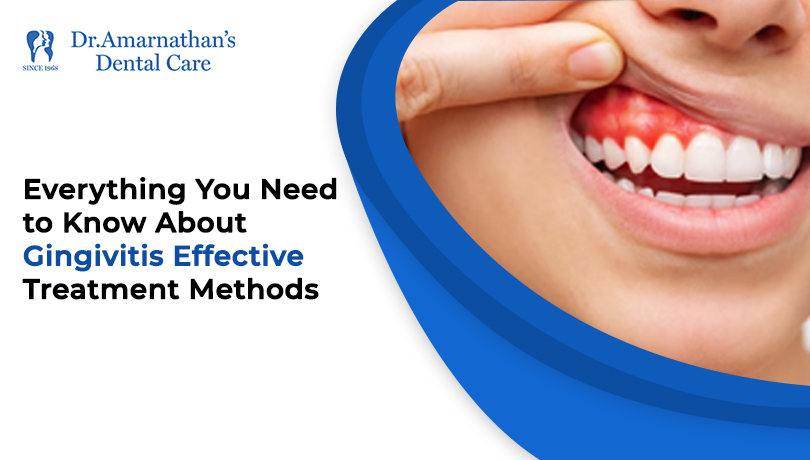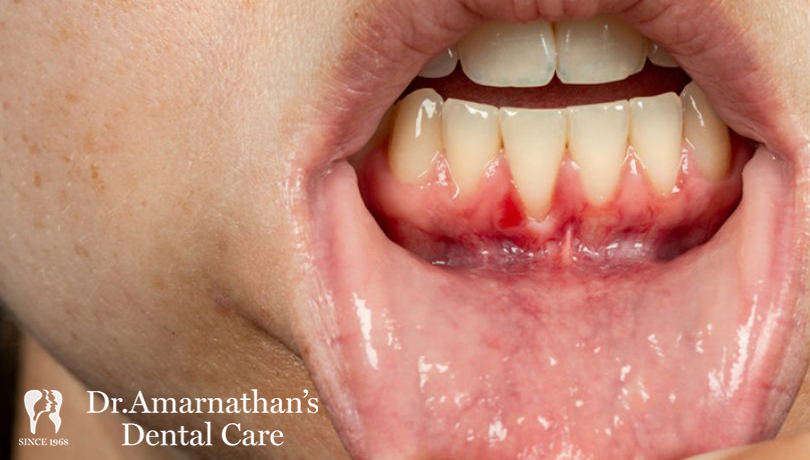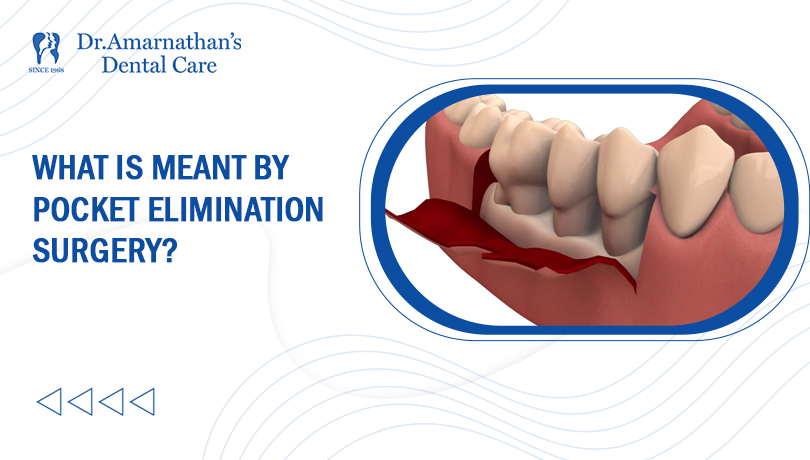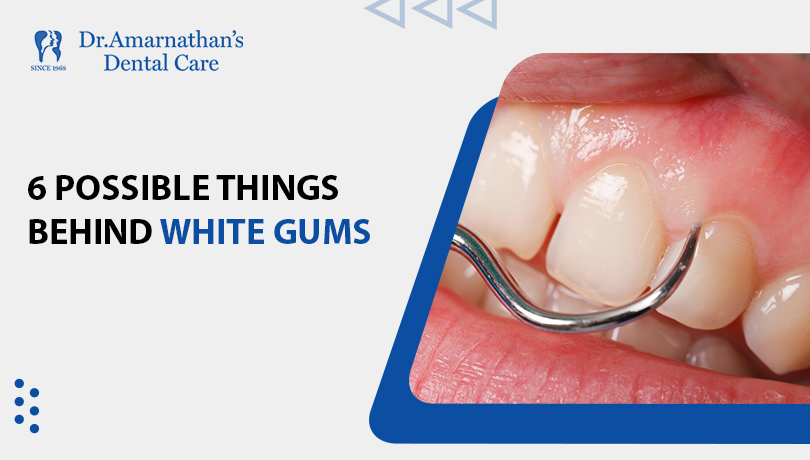
6 possible things behind white gums
The gum colors vary for each individual depending on their oral and health conditions. The gum colors aid dentists in identifying specific dental dilemmas. The healthy gums appear in different shades of pink (i.e.) lighter to dark pink color. Dark complexion, redness, and white patches on gums indicate something is not right with oral health.
Several conditions, ranging from minor canker sores to serious chronic diseases, can cause whiteness in your gums. In accordance with the underlying ailment, various signs accompany the white spots so as the treatment options.
The most common systemic disorders and oral problems associated with white gums are listed in this blog post. Keep reading.
What makes your gums appear white?
In medical terms, the white lacy patches that appear on gums and other areas of your mouth are called Leukoplakia. Tobacco usage and drinking too much alcohol are the main culprits that turn your gums white.
On the other hand, poorly fitting dentures tend to rub against the tongue and cheeks hence the whitish spots occur. Here are the other possible conditions associated with leukoplakia in your gums.
1) Canker Sores
Canker sores, commonly known as mouth ulcers provoke painful lesions on the mucosa of our mouths. Apart from gums, blisters occur on lips, chin, throat, and tongue. Mostly, the cankers heal within 2 weeks. On rare occasions, the lesions are deep and take 6 weeks to heal completely.
In such cases, you consult a dentist as it might be a warning sign of any life-threatening conditions.
Symptoms:
- Round or Oval shaped lesions with a red border
- Cause acute pain while eating or talking
Treatments:
It is harmless in most cases whilst dentists recommend ointments, gels, and pain-relieving medications to reduce the burning pain.
2) Anemia
Anemia refers to the condition of lacking red blood cells in our bodies. People who are deficient in iron and Vitamin B12 are also likely to develop anemia. The lack of red blood cells makes some tissues develop pale or white. Hence the gums and skin of the sufferers turn white.
Symptoms:
- Shortness of breath
- Dizziness
- Chronic headaches
- Coldness in hands and feet
Treatments:
Taking nutritious foods is the best way to tackle anemia. Meanwhile, doctors suggest the right treatment options based on each patient’s needs.
3) Oral Lichen Planus
Oral Lichen Planus is an autoimmune condition that affects the mucous membranes inside the mouth. It is followed by inflammation and lacy white patches on the gums, tongue, and other oral tissues.
Symptoms:
- Open Sores
- Stinging pain in the mouth
- Bleeding in gums
Treatments:
There is no cure for this oral complication. However, your dentist will help you to get rid of the white patches caused by this condition.
4) Tooth Extraction
When a tooth is removed surgically, the gum tissues around the extraction site turn white. It is a common thing so you don’t worry about it. The gum will change back to its actual color in a few days.
5) Oral Thrush
It is a yeast infection caused by the overgrowth of Candida Albicans. The piling up of the microbes cause soreness, and creamy white patches. Diabetic patients and people who are taking antibiotics are highly susceptible to this problem.
Symptoms:
- Burning Pain
- Bleeding at the corner of the mouth
- Loss of taste
Treatments:
Antifungal medications are prescribed to get rid of this problem.
6) Oral Cancer
On rare occasions, white gums happen due to the growth of precancerous cells. Hence it is better to get a dental check-up if you notice white patches inside your mouth exist for weeks. Likely, oral cancer provokes the following difficulties aside from whiteness in gums:
- Loose teeth
- Pain in Jaw
- Tongue pain
- Sore throat
- The skin inside the mouth becomes thicker
Bottom line
The white spots formed on the gums are harmless in most cases. They cannot be scrapped easily as the white patches have occurred due to the progression of certain oral complications or systematic diseases.
In certain cases, it is an early sign of oral cancer. Therefore, we suggest you closely monitor any oral problems you encounter in addition to the white patches on your gums and other intraoral areas. As soon as you can, discuss it with your dentist so that the root problem can be found and treated quickly.




